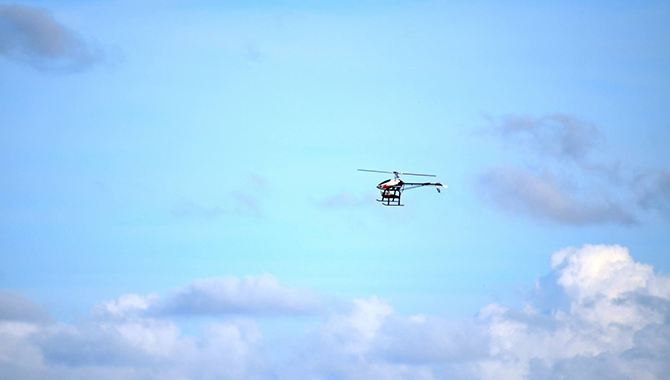
A mock search and rescue mission provided three young engineering teams the opportunity to learn about NASA’s systems engineering and project management principles.

A mock search and rescue mission provided three young engineering teams the opportunity to learn about NASA’s systems engineering and project management principles.
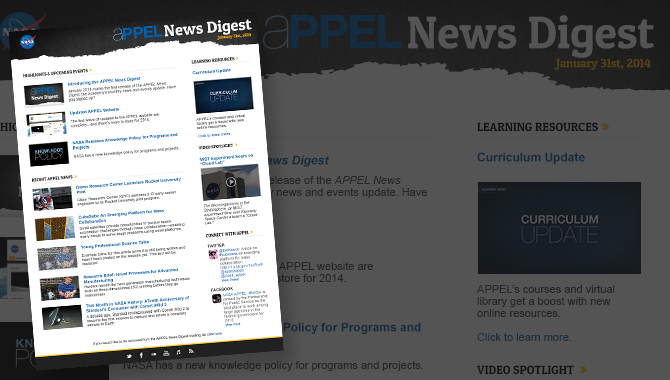
January 2014 marks the first release of the APPEL News Digest, the Academy’s monthly news and events update. Have you signed up?
NASA has a new knowledge policy for programs and projects.
NASA has a new knowledge policy for programs and projects.
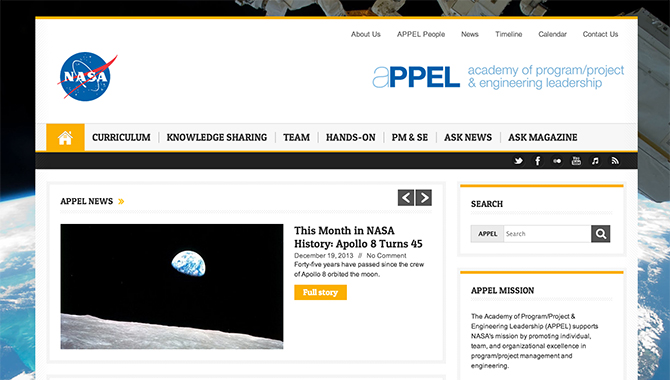
The first wave of updates to the APPEL website are complete—and there’s more in store for 2014.
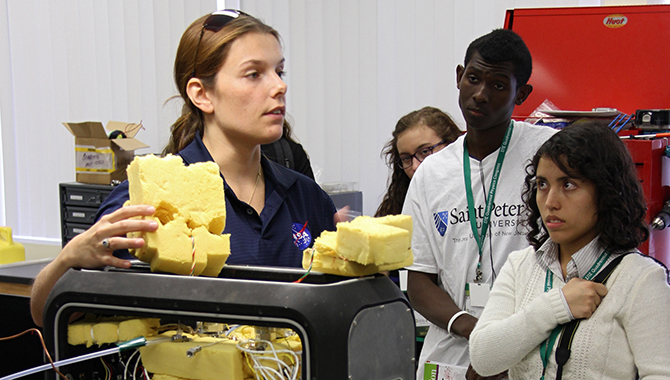
Kennedy Space Center young professionals kick off the first in a series of NASA young professional presentations about their daily work across the agency.
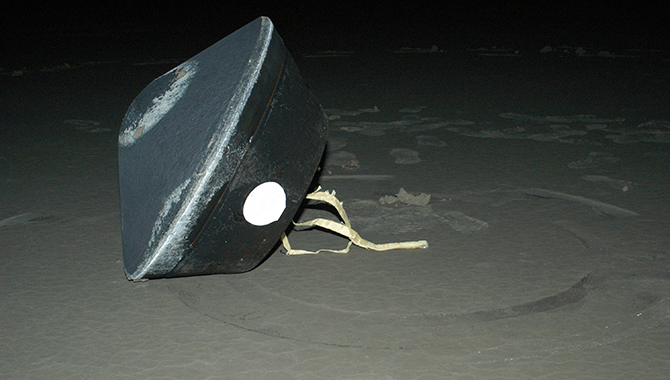
A decade ago, Stardust rendezvoused with Comet Wild 2 to become the first mission to capture and return a cometary sample to Earth.
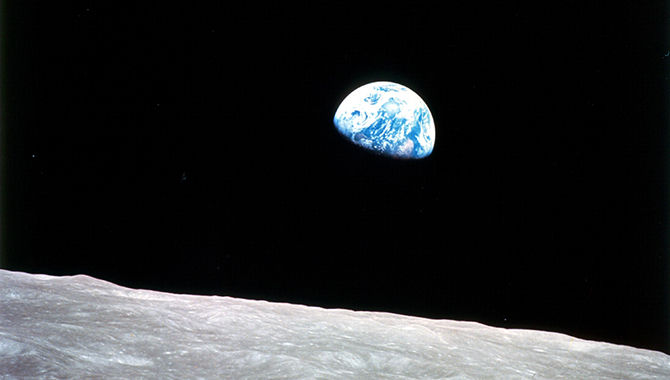
Forty-five years have passed since the crew of Apollo 8 orbited the moon.

By Glen A. Robertson, David T. Young, and John D. Sprague Small satellites provide opportunities to pursue space exploration challenges through mass collaboration—enabling many minds to solve tough problems using small platforms.